
Bruna Pellini, MD, discusses the importance of developing circulating tumor DNA assays with increased sensitivity.

Your AI-Trained Oncology Knowledge Connection!


Bruna Pellini, MD, discusses the importance of developing circulating tumor DNA assays with increased sensitivity.
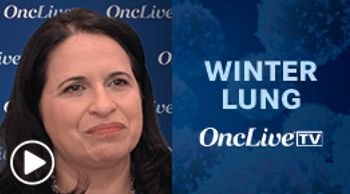
Estelamari Rodriguez, MD, MPH, discusses adverse effects associated with HER2-directed antibody-drug conjugates in non–small cell lung cancer.

Ritu Salani, MD, discusses the de-escalation of therapy and unmet needs within the landscape of gynecologic oncology.

Real-world recurrence and prognosis was determined through the identification of morphologic RCC types and tumor stages.

Subcutaneous nivolumab coformulated with rHuPH20 demonstrated noninferiority of PK exposures vs intravenous nivolumab in metastatic ccRCC.
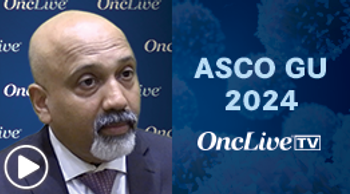
Saby George, MD, FACP, discusses the efficacy and safety of subcutaneous nivolumab in patients with clear cell renal cell carcinoma, according to findings from the phase 3 CheckMate 67T study.
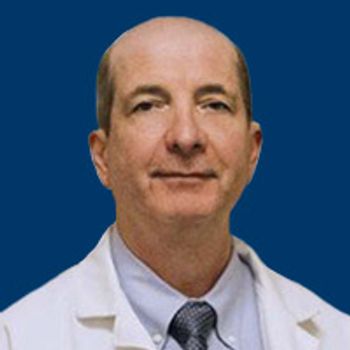
Adjuvant nivolumab monotherapy did not yield a disease-free survival benefit vs placebo in patients with localized renal cell carcinoma.
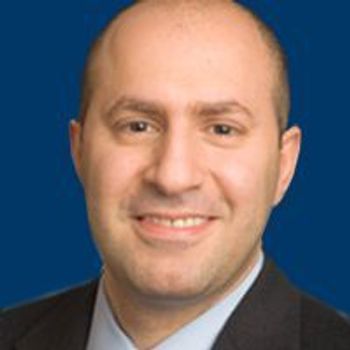
Treatment with adjuvant pembrolizumab significantly improved overall survival vs placebo in patients with clear cell renal cell carcinoma.

Frontline pembrolizumab plus lenvatinib continues to show benefit vs historical controls in advanced non–clear cell renal cell carcinoma.
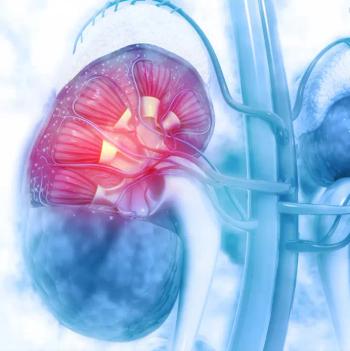
Lenvatinib/pembrolizumab shows a trend of improved PFS and overall response rate vs standard immunotherapies in advanced renal cell carcinoma.

Belzutifan treatment led to improved quality of life outcomes vs treatment with everolimus in patients with advanced renal cell carcinoma.

Adjuvant pembrolizumab generated a disease-free survival benefit vs observation in patients with muscle-invasive and locally advanced urothelial carcinoma.

Enfortumab vedotin plus pembrolizumab showed consistent overall survival and progression-free survival benefit in all patients enrolled in EV-302.

Nikita Sinha, MD, discusses the effects of onvansertib on cellular proliferation, adhesion, apoptosis, and stress in endometrial cancer cells.

Pembrolizumab plus cabozantinib was efficacious in the first-line treatment of patients with cisplatin-ineligible urothelial carcinoma.
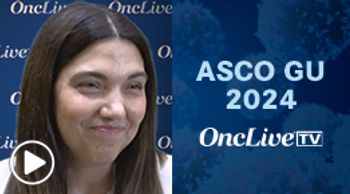
Andrea B. Apolo, MD, discusses the AMBASSADOR Alliance A031501 trial of adjuvant pembrolizumab in locally advanced/muscle-invasive urothelial carcinoma.

Ritu Salani, MD, provides an overview of the variety of sessions presented at the 2024 SGO Winter Meeting.

Assessment of urinary MRD status identified and enabled quantification of molecular responses with nadofaragene firadenovec in BCG-unresponsive NMIBC.

Amanda Nizam, MD, discusses findings from the UNITE study of enfortumab vedotin after maintenance avelumab in patients with advanced urothelial carcinoma.
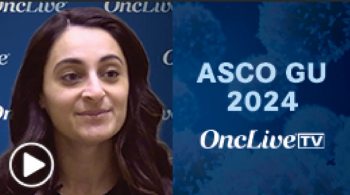
Dalia Kaakour, MD, discusses real-world findings on genomic testing patterns in patients with prostate cancer.

Nikita Sinha, MD, discusses the potential effects of onvansertib on endometroid endometrial cancer pathogenesis in a preclinical model.

Gabriella Smith, MD, discusses the predictive value of CA-125 KELIM score for outcomes with HIPEC during surgery in patients with epithelial ovarian cancer.

Gabriella Smith, MD, discusses the potential impact of CA-125 KELIM score for patients with epithelial ovarian cancer undergoing HIPEC during surgery.

Danielle Krause, MD, discusses preclinical findings from mouse models evaluating GLP-1 agonists with and without progesterone in endometrial cancer.

Paulina J. Haight, MD, discusses the association between the occurrence of toxicities with response to treatment with lenvatinib and pembrolizumab.

Susan Marie Lang, MD, discusses real-world data on the incidence of ocular toxicities in patients with ovarian cancer receiving mirvetuximab soravtansine.
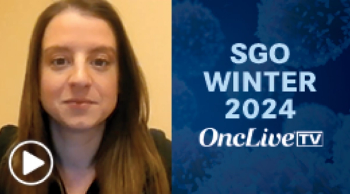
Danielle Krause, MD, discusses the effects of GLP-1 receptor agonist therapy in endometrial cancer.

Susan Marie Lang, MD, discusses the incidence of real-world ocular toxicity during treatment with mirvetuximab soravtansine in pretreated ovarian cancer.

Paulina J Haight, MD, discusses predictors of toxicity and treatment response with lenvatinib and pembrolizumab in patients with gynecologic malignancies.
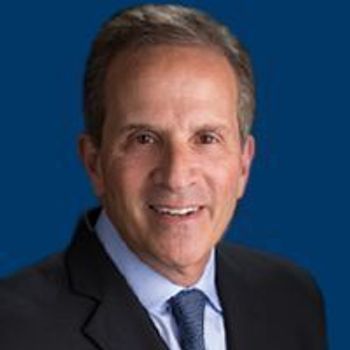
A post-hoc analysis of censored patients with mHSPC showed benefit with darolutamide, ADT, and docetaxel, supporting primary data from the ARASENS trial.